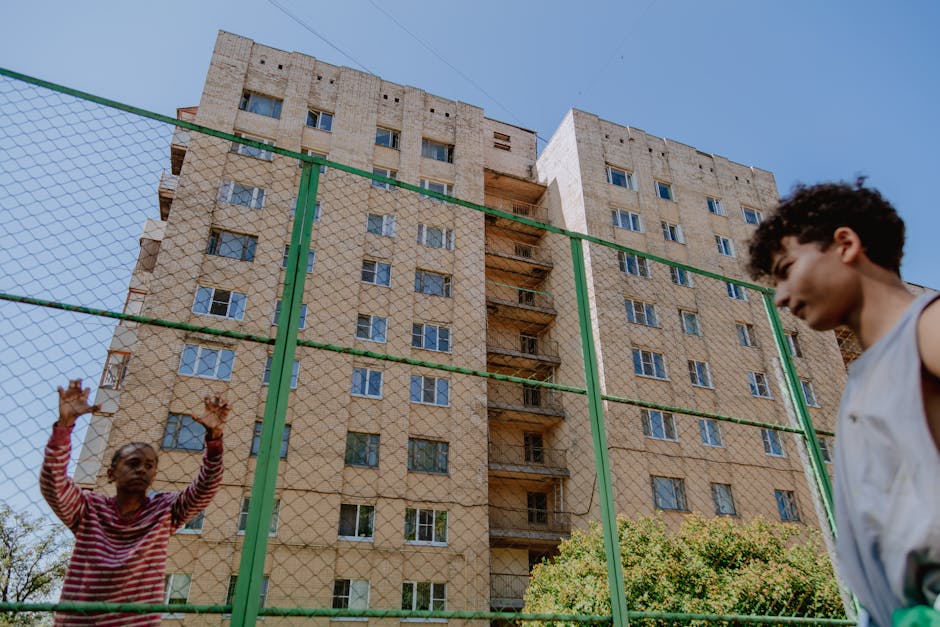The northeastern state of Manipur, often called the “Jewel of India,” is grappling with a severe ethnic conflict that has left its citizens facing fear, displacement, and uncertainty. The violence, which escalated in May 2023, pits the Meitei community against the Kuki-Zo tribes, resulting in widespread unrest, property destruction, and loss of lives. As Manipur struggles to restore normalcy, the impact on its residents’ daily lives has been profound.
Roots of the Conflict
The conflict stems from long-standing tensions between the Meiteis, predominantly Hindu and residing in the Imphal Valley, and the Kuki-Zo tribes, mostly Christian and living in the surrounding hills. The trigger was a Manipur High Court order in March 2023 recommending Scheduled Tribe (ST) status for the Meiteis, a move opposed by the Kuki-Zo tribes. This ignited grievances over land ownership, political representation, and economic opportunities, leading to violent clashes.
Humanitarian Crisis Unfolds
Over 60,000 people have been displaced, seeking refuge in relief camps. Families have been torn apart, with many losing homes, livelihoods, and loved ones. Education has been disrupted, with schools and colleges closed for months. Children are living in cramped, unsanitary conditions, their futures uncertain.
Curfews and internet shutdowns have isolated communities and hampered communication. Essential services like healthcare are overwhelmed, with medical supplies running low. The sick and injured are left without adequate care.
Economic Fallout
Manipur’s economy, reliant on agriculture, handicrafts, and small-scale industries, has been severely impacted. Markets are closed, and transportation networks are disrupted, making it difficult for farmers and artisans to sell their goods. Tourism, a key income source, has halted due to safety concerns.
Daily wage laborers, the backbone of the informal economy, are struggling to feed their families. Economic distress has led to increased mental health issues and suicides.
Social Fabric Under Strain
The conflict has deepened divisions within Manipuri society. Mixed neighborhoods are rare as people retreat into ethnic enclaves. Inter-community marriages are now fraught with tension, and traditional festivals have been canceled or boycotted.
Women, pivotal in Manipur’s society, are particularly affected. Many are caring for displaced families, while others face gender-based violence. The conflict has disrupted the state’s vibrant women-led markets, known as “Ima Keithel,” leaving thousands without income.
Government Response and the Road Ahead
The central and state governments have deployed security forces, but critics argue the response has been slow and inadequate. Mediation efforts have yielded little progress. Civil society organizations and religious leaders are fostering dialogue, but the volatile situation hampers their efforts.
For ordinary citizens, the path to peace seems distant. The conflict has exposed deep-seated inequalities and grievances, leaving many resigned to an uncertain future.
A Call for Unity and Healing
Manipur’s resilience and cultural heritage offer hope, but lasting peace requires inclusive dialogue and addressing the root causes of the conflict. For its citizens, the dream of a peaceful and prosperous future remains elusive but worth fighting for.




